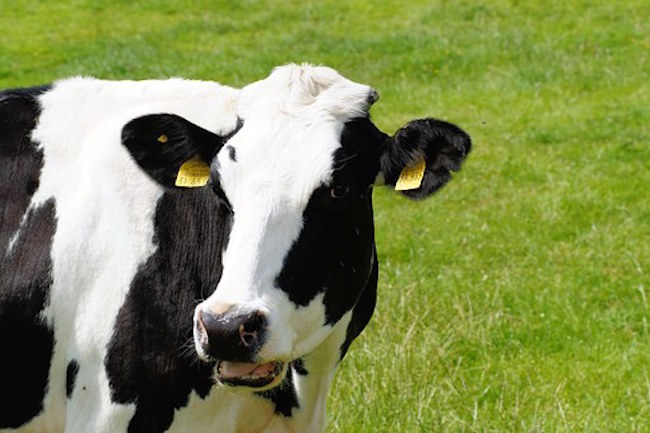Fermented Dairy Lowers Heart Disease by Dr. Joseph Mercola for Mercola
Nearly 610,000 people die each year from heart disease, which accounts for 25% of all deaths in the U.S.1 Each year 735,000 have a heart attack; in this group, it was the first cardiac event for 525,000 of them. According to the American Heart Association, the annual cost of cardiovascular disease and stroke was estimated at $351.2 billion in 2014-2015.2
The American Heart Association also reports that 116.4 million Americans have high blood pressure and that someone dies of a stroke every 3.7 minutes.3 Individuals who have high blood pressure or diabetes, as well as those who are physically inactive, overweight or obese have the highest risk.4
According to the Centers for Disease Control and Prevention, 10% of the U.S. population has diabetes and up to 95% of those have Type 2 diabetes.5 Symptoms may develop over several years and may be difficult to spot: As your pancreas produces insulin, the cells do not respond, which increases blood glucose levels.
Although many who are diagnosed are 45 years and older, as the rates of childhood obesity have risen, so has the rate of Type 2 diabetes in young people. Of the top 10 leading causes of death in the U.S.,6 heart disease and diabetes are the leading or contributing factors in five. In the past few decades scientists have focused on how to reduce the risk of acquiring these conditions.
Inverse Link Between Fermented Dairy and Heart Disease
Two recent studies have demonstrated an inverse relationship between the daily amount of fermented dairy consumed and the development of heart disease. A similar link was found in studies analyzing the dietary effects in men7 and women.8
The studies were undertaken by two different teams. The first was completed by researchers at the University of Eastern Finland and published in mid-2018 in the British Journal of Nutrition.9 Researchers asked whether fermented dairy products offered protective effects for cardiovascular health.
They compared fermented and unfermented dairy products in 1,981 men enrolled in the Kuopio Ischemic Heart Disease Risk Factor Study; none had coronary heart disease upon enrollment. The researchers recorded fatal and nonfatal heart events and dietary intake, including fermented and unfermented dairy products, during a mean follow-up of 20 years.
They found those who had the highest intake of fermented products had a 27% lower risk of heart disease; this was contrasted by those who had the highest intake of unfermented dairy products and suffered a 52% higher risk of heart disease. In this study, milk was the unfermented product most often consumed. The researchers used a measurement of 0.9 liters (3.8 cups) or more each day as a high amount.10
Authors of a recent study published in The Journal of Nutrition11 also analyzed the relationship between fermented dairy products and cardiovascular disease, this time in an Australian population. Using the Australian Longitudinal Study on Women’s Health, researchers enrolled 7,633 women without heart disease and followed them for 15 years, using surveys to ascertain dietary intake and self-reported outcomes.
They found a high intake of yogurt and fermented dairy products was associated with a lower risk of heart disease. They acknowledged that in previous studies, this inverse relationship with risk was not detected. However, in the past, the outcome that was measured was mortality, as opposed to the current study in which a new onset of diagnosed cardiovascular disease was the measured outcome.
It’s also worth noting that the types of unfermented dairy counted in the survey included various milk products such as full cream milk, reduced fat milk, skim milk, soy milk and flavored milk.




